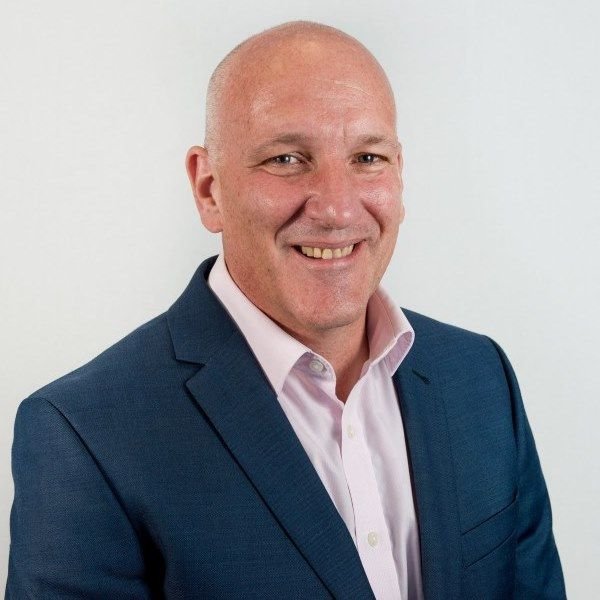
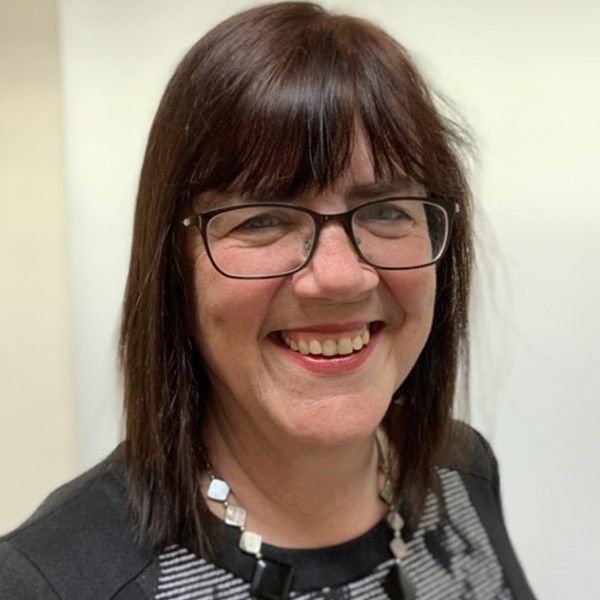 Hello, we are Tim Ryley, Chief Officer for Leeds Clinical Commissioning Group and Beate Wagner, Corporate Director for Children and Young People’s Services at Wakefield Council. We are delighted to have been given the opportunity to write the Partnership’s blog this week.
Hello, we are Tim Ryley, Chief Officer for Leeds Clinical Commissioning Group and Beate Wagner, Corporate Director for Children and Young People’s Services at Wakefield Council. We are delighted to have been given the opportunity to write the Partnership’s blog this week.
As well as working in these roles, we are also the Joint Senior Responsible Officers (SROs) for the West Yorkshire and Harrogate Children, Young People and Families Programme (Beate is currently standing in for Chief Executive at Wakefield Council, Merran McRae).
We feel that having joint health and local authority SROs for the programme is extremely positive and vital to ensuring a collaborative and system wide approach to our Programme’s work.
Children account for 23% (570,000) of the population of West Yorkshire and Harrogate. It goes without saying that children are our future generation and we need to invest in all children, young people and families to give them the very best start in life because we know that childhood inequality can have lifelong consequences for their happiness, income and health when they are adults.
The health of children and young people is determined by far more than healthcare. Household income (whether they live in poverty), education, housing, a stable and loving family life all significantly influence young people’s health and life chances.
Over recent years we have seen improvements across our area in school readiness and the number of 16-17 year olds in education, employment or training. But we know far too many children and young people live with poor emotional wellbeing/mental health, in poverty, experience physical health problems or unhealthy environments, for example domestic abuse.
As a programme we consider what makes life better for children and young people at key points in their lives, what will make a positive difference to their future wellbeing and where we will work together where good practice can be shared, benefits of scale can be demonstrated and it makes sense to do so.
Our agreed vision for our Children, Young People and Families Programme is to:
- Close the gap in health and well-being outcomes for all children and young people across West Yorkshire and Harrogate, irrespective of where they were born, where they live and go to school
- All children and young people will have the best start in life and the support and healthcare needed to enable them to be safe from harm and to enjoy healthy lifestyles, to do well in learning and have skills for life.
- The voice of the child and the young person will be at the heart of everything we do.
Partnership working across West Yorkshire and Harrogate is essential to achieve our vision and to improve outcomes for children, young people and families. We work closely together across health, care, schools and with community, voluntary organisations, and charities to ensure that the voice and experiences of the child, young person and family continuously leads and shapes the programme’s work.
The last three months have brought periods of great uncertainty and we know from national and local work, reports and surveys the huge impact this has had, and continues to have on children, young people and their families.
We have seen children and young people reporting increases for example with sleep issues, relationship problems, anxiety and emotional wellbeing concerns, worry about a friend or family member catching coronavirus and concerns around missing classes and also returning to school. We also know that our vulnerable children, young people and families are most likely to have been affected by the lock down measures for a variety of reasons – often the things we don’t want to think about, for example neglect and abuse.
Despite all this, partners locally and across the system have risen to the challenge and worked together both strategically and on the ground to continue to keep a close line of sight on children and their needs. Organisational boundaries have very much taken second place to a joint commitment to continue to serve our young people and their families and to support and safeguard them together.
Schools have been the frontline across our system and been our eyes and ear along with a whole range of members of the community – from neighbours to delivery drivers – and we must use the learning and engagement we have built up during this time as the foundation for the future.
These have been unique opportunities for learning, innovation and transforming ways in which services are delivered, which should, if we pay attention, enable us to engage with stakeholders to drive improvements in our models of care, the use of technology, new ways of engaging and collaboration across the system, both at a local and West Yorkshire and Harrogate level.
At our last programme board in June we focused on our stabilisation and reset work and how we can use some of these opportunities and learning to reframe some of our workstreams and deliver the ambitions set out in our five year plan.
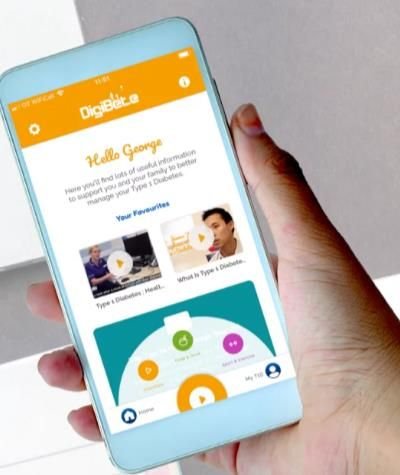 Some of the work to support this includes funding the Digibete App for all children and young people with type 1 diabetes across West Yorkshire and Harrogate. This is a Diabetes clinic communication, education and patient self-management App and includes information on sports and exercise, insulin pumps and technology, emotional wellbeing, school and education. All of our six diabetes units across West Yorkshire and Harrogate are in the process of implementing the App.
Some of the work to support this includes funding the Digibete App for all children and young people with type 1 diabetes across West Yorkshire and Harrogate. This is a Diabetes clinic communication, education and patient self-management App and includes information on sports and exercise, insulin pumps and technology, emotional wellbeing, school and education. All of our six diabetes units across West Yorkshire and Harrogate are in the process of implementing the App.
Our West Yorkshire and Harrogate’s children’s healthcare in the community workstream is looking at the provision of children and young people’s healthcare services as close to home as possible, including increasing the use of digital solutions and platforms.
We are linked in with the West Yorkshire Association of Acute Trusts (hospitals working together) on this and will be reporting progress to them. We are also working with our climate change leads as part of this work.
In partnership with a number of other West Yorkshire and Harrogate Programmes, we aim to address some of the impacts of Covid 19 on children, young people and families including:
- Working with the Unpaid Carers Programme we are looking at improving support for young carers
- Working with the Mental Health, Learning Disabilities and Autism Programme we are looking at potential work we could undertake to reduce waiting times for assessments and diagnosis of autism and;
- Working with the Improving Population Health Programme and the Mental Health, Learning Disability and Autism Programme we have set up a complex childhood trauma group to look at understanding and responding to the changing needs of children and young people facing adversity.
We will continue to keep you posted with progress of our work. In the meantime if you would like to find out more about our programme or would like to be involved in any of our work then please contact Sue Rumbold, Programme Lead at Sue.Rumbold@leeds.gov.uk or Carrie Rae, Programme Manager at carrie.
Have a good and safe weekend,
Tim and Beate


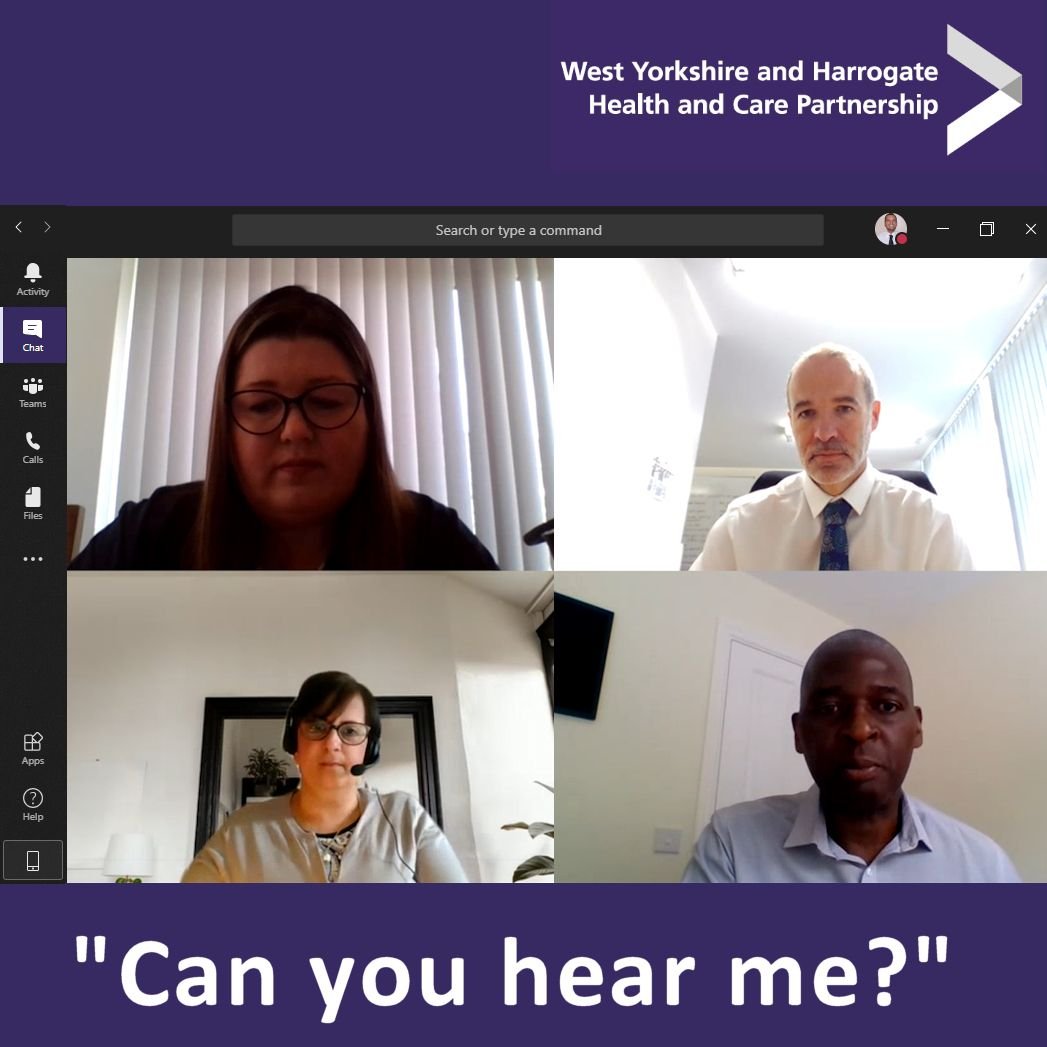
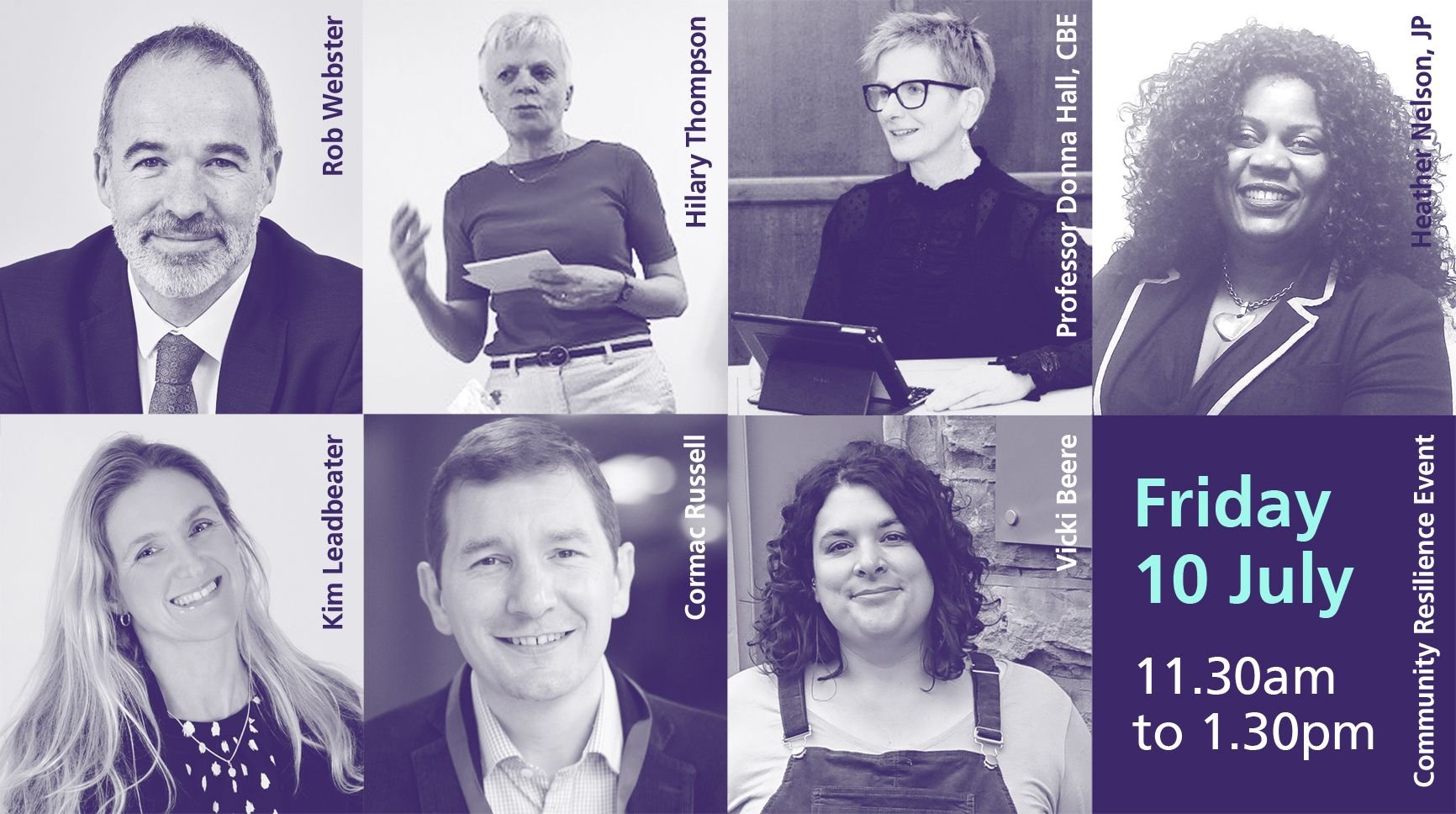 Today we'll be holding the first in a series of virtual events for colleagues and other stakeholders from across West Yorkshire and Harrogate. In this first event, our chairs will be joined by guest speakers and partner colleagues from all sectors and all communities to share thoughts and learning about community resilience before, during Covid-19 and moving forward.
Today we'll be holding the first in a series of virtual events for colleagues and other stakeholders from across West Yorkshire and Harrogate. In this first event, our chairs will be joined by guest speakers and partner colleagues from all sectors and all communities to share thoughts and learning about community resilience before, during Covid-19 and moving forward.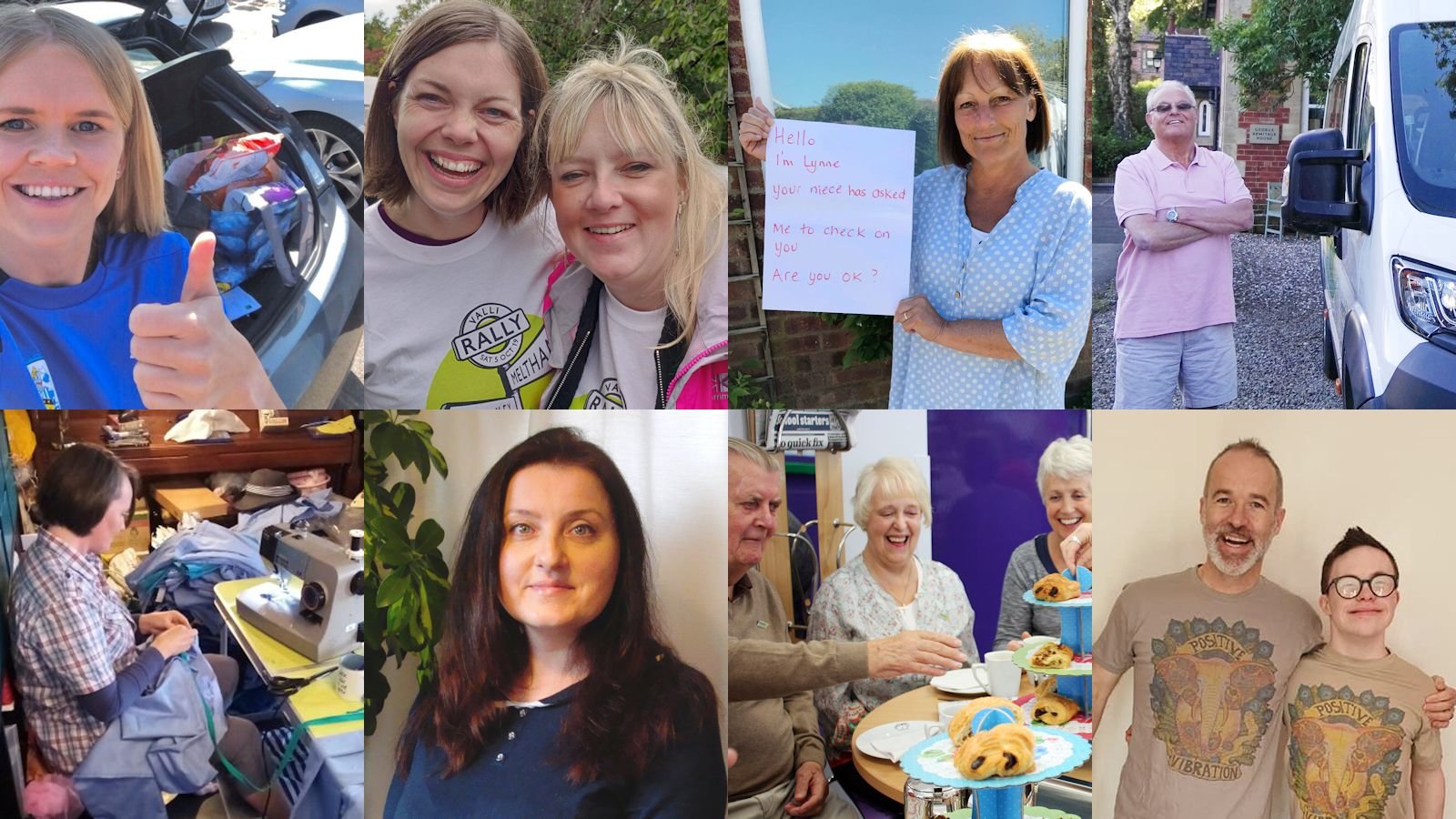 We are delighted to allocate over £500,000 to thirteen voluntary and community organisations across the area. The funds will be used to support community organisations, working together with health partners, to support those that have been disproportionately affected by COVID-19. Over 80 high quality applications were received.
We are delighted to allocate over £500,000 to thirteen voluntary and community organisations across the area. The funds will be used to support community organisations, working together with health partners, to support those that have been disproportionately affected by COVID-19. Over 80 high quality applications were received. 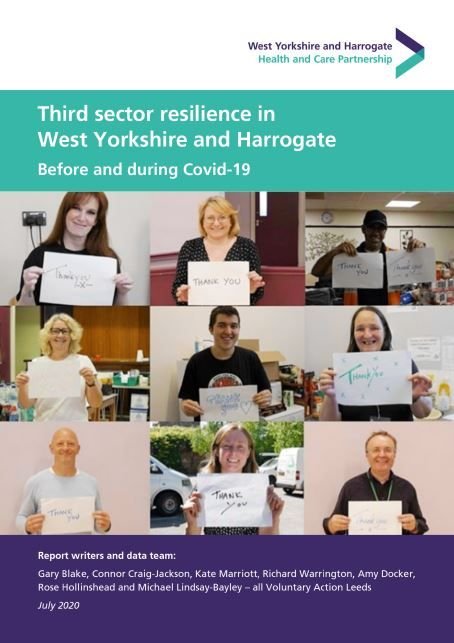 Third sector resilience report
Third sector resilience report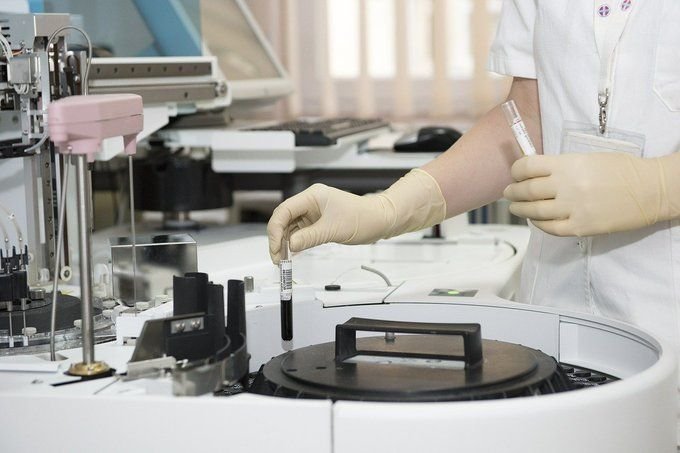 People at risk of oesophageal cancer across West Yorkshire and Harrogate will benefit from a share of £16million funding from the UK Industrial Strategy Fund and Cancer Research UK, announced by UK Research and Innovation (UKRI). During COVID-19,
People at risk of oesophageal cancer across West Yorkshire and Harrogate will benefit from a share of £16million funding from the UK Industrial Strategy Fund and Cancer Research UK, announced by UK Research and Innovation (UKRI). During COVID-19, 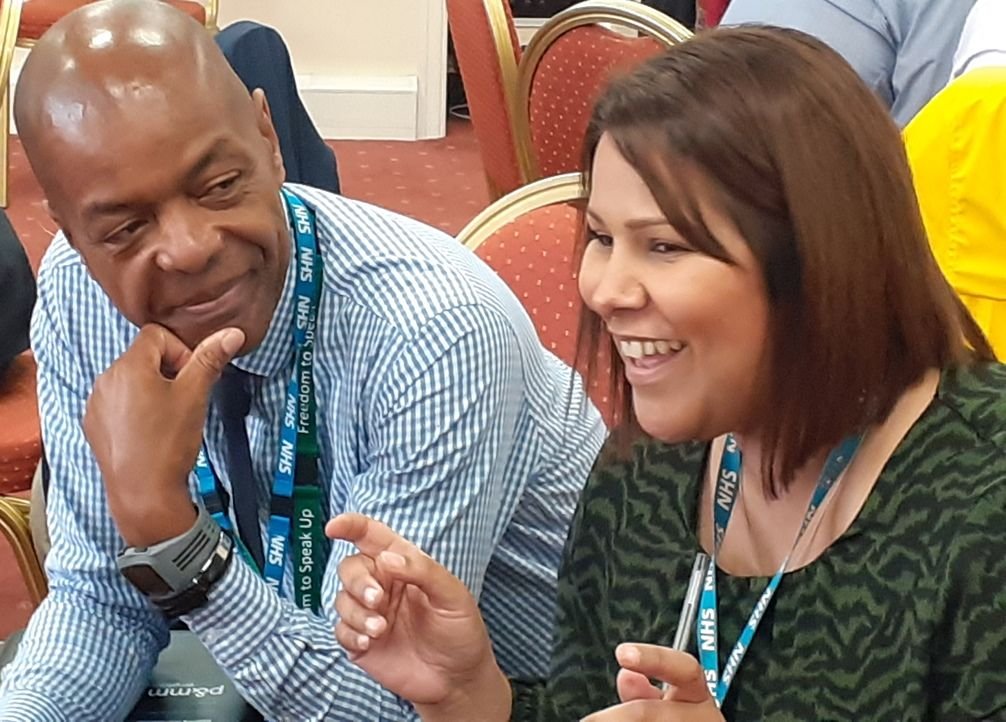 The Executive Group met on Tuesday. This involves leaders from all partner organisations, including councils, hospitals, clinical commissioning groups, Healthwatch and community organisations. It is chaired by Rob Webster, our Partnership CEO Lead. This month’s meeting included colleagues from the BAME Network. Their representation supports the recommendation to increase the influence and involvement of BAME colleagues at all levels of decision making. This is set out in our ten big
The Executive Group met on Tuesday. This involves leaders from all partner organisations, including councils, hospitals, clinical commissioning groups, Healthwatch and community organisations. It is chaired by Rob Webster, our Partnership CEO Lead. This month’s meeting included colleagues from the BAME Network. Their representation supports the recommendation to increase the influence and involvement of BAME colleagues at all levels of decision making. This is set out in our ten big 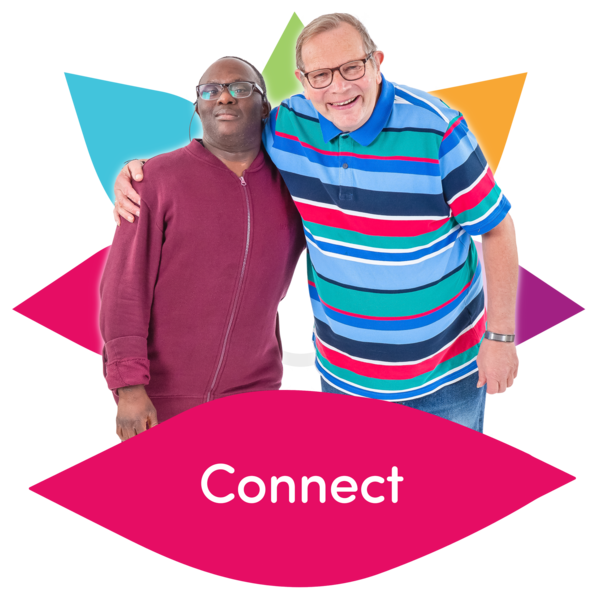 In partnership with Inclusion North we have developed a regional COVID-19 specific project to support neurodiverse people who are not routinely supported by health and social care and are living fairly independent lives. This pilot scheme has helped provide support to a number of individuals by linking them into local services, yet has also revealed that there are challenges around building relationships with people who cope well in normal times, but who are currently experiencing high levels of anxiety and poor mental health and wellbeing.
In partnership with Inclusion North we have developed a regional COVID-19 specific project to support neurodiverse people who are not routinely supported by health and social care and are living fairly independent lives. This pilot scheme has helped provide support to a number of individuals by linking them into local services, yet has also revealed that there are challenges around building relationships with people who cope well in normal times, but who are currently experiencing high levels of anxiety and poor mental health and wellbeing.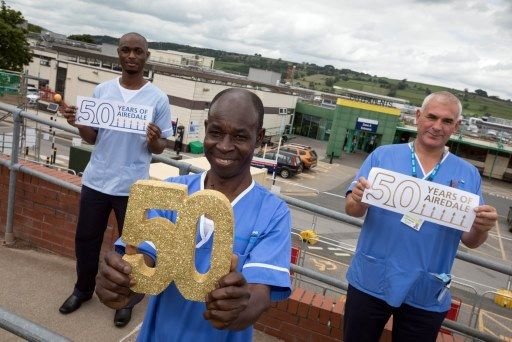 Airedale Hospital near Keighley in West Yorkshire is celebrating its 50th anniversary, in the same week that the NHS has its 72nd birthday. The hospital opened its doors to the first patients on Sunday 5 July 1970 when 60 patients were transferred from nearby Victoria hospital in 12 ambulances helped by 180 of the first hospital volunteers. In December 1970 the hospital was officially opened by HRH the Prince of Wales.
Airedale Hospital near Keighley in West Yorkshire is celebrating its 50th anniversary, in the same week that the NHS has its 72nd birthday. The hospital opened its doors to the first patients on Sunday 5 July 1970 when 60 patients were transferred from nearby Victoria hospital in 12 ambulances helped by 180 of the first hospital volunteers. In December 1970 the hospital was officially opened by HRH the Prince of Wales.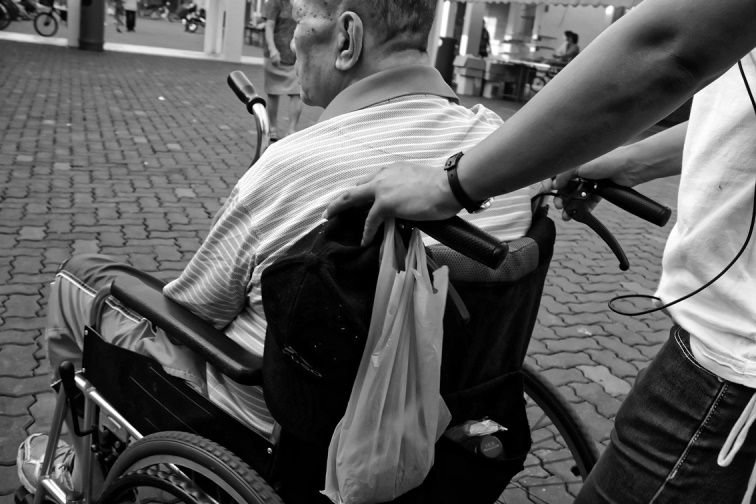 Even though lockdown restrictions are gradually being lifted, the coronavirus outbreak is still a major concern for carers. They constantly have to think about the health and safety of the person they care for, as well as their own health and safety.
Even though lockdown restrictions are gradually being lifted, the coronavirus outbreak is still a major concern for carers. They constantly have to think about the health and safety of the person they care for, as well as their own health and safety.